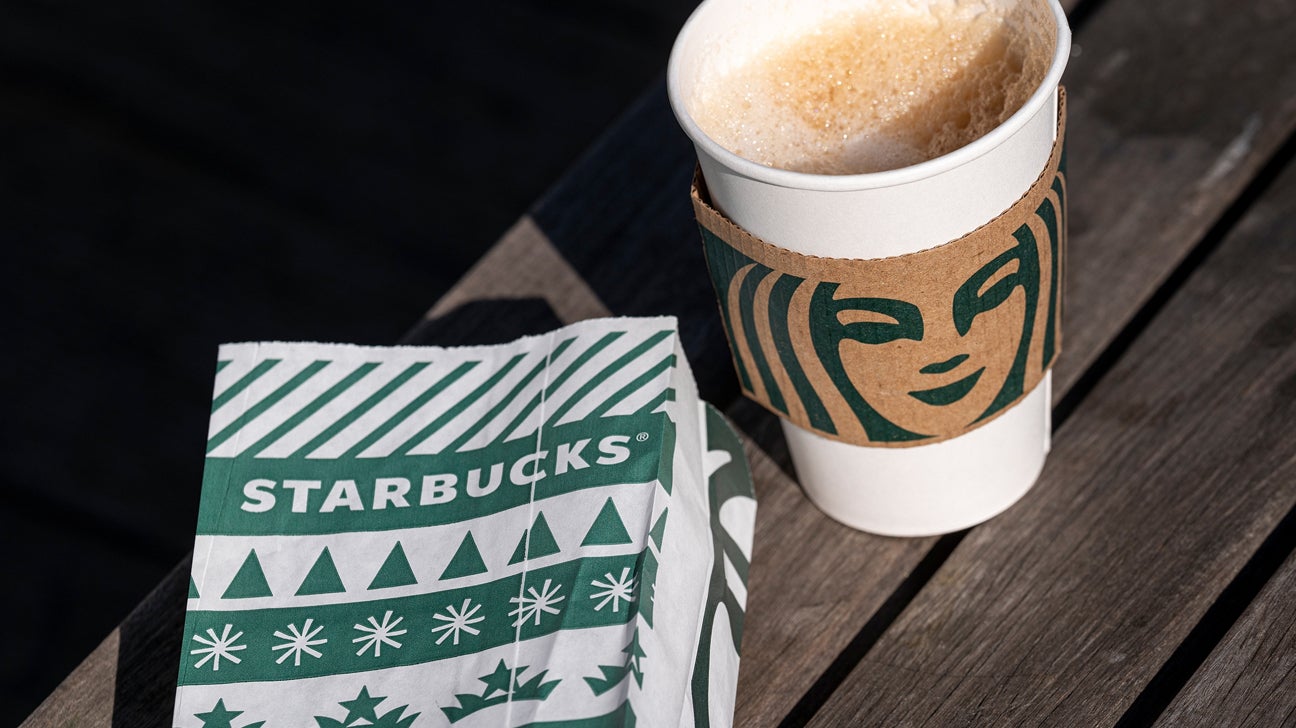

There are plenty of people that argue its benefits, but also some that argue its negative effects. Not everybody agrees that coffee is good for you. Decaf contains varying amounts of caffeine ranging from 0–7 mg per cup, with the average cup containing 3 mg. The name may suggest there is no caffeine in decaf coffee, but this is not true. Milk obviously doesn’t contain any caffeine – however, some of these drinks will taste stronger than others if they have less milk in them. A small latte would contain about 63 mg of caffeine, whereas a large would contain around 154mg. This is because they are made using either a double or single shot and then milk. Most of these drinks contain the same amount of caffeine as a normal espresso. There is no need for any brewing with this type of coffee. The coffee granules then dissolve in the water. All you have to do is put a heaped teaspoon in a mug, and pour the hot water over it. It’s often the kind of coffee people will drink at home, as it’s quick and easy to make.

This kind of coffee has been freeze dried or spray dried. One mug of brewed coffee contains around 95mg of caffeine on average. It’s the most common way of making coffee across the UK and Europe (bar instant coffee). This is the most traditional form of coffee and is made by pouring hot water over ground coffee beans in a filter. A double shot espresso contains around 125 mg roughly. A single espresso is called a shot and contains around 63 mg of caffeine. Espressos are made by pushing hot water or steam through finely ground coffee which extracts a small espresso coffee. EspressoĮspresso servings are small, but they do have a higher amount of caffeine per volume than normal coffee. However, between different types of coffee, different commercial coffee brands and different sizes of cup, there can be anywhere between almost zero to over 500mg of caffeine. Generally, there is around 95mg of caffeine in a mug of coffee. The type of coffee you drink has the biggest effect on how much caffeine is in it. In this article, we’ll go into everything you need to know about coffee, caffeine and the effect on your body.

Personal preferences such as whether you take a single or double shot can also have an impact. Where you buy your coffee from, however, does affect the caffeine content. Whether they buy it from a coffee shop or brew it at home, this is for most people the biggest dietary source of caffeine.


 0 kommentar(er)
0 kommentar(er)
